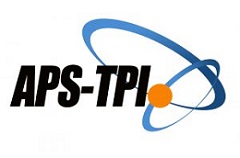Eksperimentasi Model Pembelajaran Problem Based Learning dan Konvensional pada Mata Pelajaran Matematika Ditinjau dari Problem Solving Skill Siswa
Abstract
This research aims to implement the Problem Based Learning model to improve students’ problem solving skill which can be identified from the mathematics learning outcomes. Experimental research is conducted in Focus Independent School Primary School by taking a control class of 15 students and an experiment class of 16 students as the samples. The result of the pretest done at the beginning of the research shows that the experiment class hasa greater average score compared to the control class. The experiment class has an average score of 76.16 while other class reaches 75.64. By having different treatments; control class with conventional model and experiment class with problem based learning model, we may conlude that the students in the experiment class have produced better results than those in the control class.The average scores in both classes, control and experiment classes, are 78.50 and 82.03 with deviation standards of 13.120 and 12.623. The control class has a minimum score of 52.50 and maximum score of 97.50, while the experiment class scores a minimum mark of 60 and maximum mark of 100. It shows that the problem based learning model is more effective to be implemented in the class than the conventional one. Students are given more chances to develop their problem solving skill by exploring for more knowledge and searching for solutions for the problems occurred.
Full Text:
PDFRefbacks
- There are currently no refbacks.





.png)













